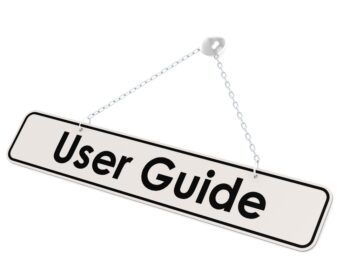After the New York City World Trade Centers fell, images of responders rushing in unprotected to help victims of the terrorist attach Sept. 11, 2001, are burned into the memories of every American.
Discussion loomed immediately about toxins in the air from particulate matter, burning materials, airplane fuel and more. Of course there was nothing victims could do to protect themselves and first responders, in a rush to help as quickly as possible, did not stop to assess the danger they put themselves in.
Now, a National Institute for Occupational Safety and Health (NIOSH) report indicates there is not enough evidence to link the collapse of the World Trade Center (WTC) towers to cancer in responders and survivors. The study means those groups will not be able to collect federal money for treatment or compensation
However, the report also does not indicate evidence of the absence of a causal association. And another review is scheduled for early 2012.
Under the James Zadroga 9/11 Health and Compensation Act of 2010, there must be periodic reviews of scientific and medical evidence. If a causal association were established, recovery workers and others with cancer diagnoses could be compensable.
The Zadroga Act provides funds for a specific list of illnesses, such as asthma and other respiratory diseases linked to the 911 attacks. Cancer could be included if a link was found.
The initial review was based on three information sources, according to NIOSH:
1. A systematic search of peer-reviewed findings on exposure and cancer resulting from the terrorist attacks that have been published in the scientific and medical literature between Sept. 11, 2001, and July 1, 2011.
2. Findings and recommendations related to cancer from the WTC Clinical Centers of Excellence and Data Centers, the WTC Health Registry at the New York City Department of Health and Mental Hygiene, and the New York State Department of Health.
3. Information from the public solicited through requests for information published in the Federal Register earlier this year.
The report said there was little evidence because few published research studies on the attack mention cancer and only a small number of those are peer-reviewed. Further, cancer is a common disease, making linkage difficult, the report said. (WCxKit)
Author Rebecca Shafer, JD, President of Amaxx Risks Solutions, Inc. is a national expert in the field of workers compensation. She is a writer, speaker, and website publisher. Her expertise is working with employers to reduce workers compensation costs, and her clients include airlines, healthcare, printing, publishing, pharmaceuticals, retail, hospitality, and manufacturing. See www.LowerWC.com for more information. Contact: RShafer@ReduceYourWorkersComp.com.
Our WC Book: http://www.wcmanual.com
WORK COMP CALCULATOR: http://www.LowerWC.com/calculator.php
WORK COMP CALCULATOR: http://www.LowerWC.com/calculator.php
SUBSCRIBE: Workers Comp Resource Center Newsletter
Do not use this information without independent verification. All state laws vary. You should consult with your insurance broker or agent about workers comp issues.
©2011 Amaxx Risk Solutions, Inc. All rights reserved under International Copyright Law. If you would like permission to reprint this material, contact Info@ReduceYourWorkersComp.com.



























